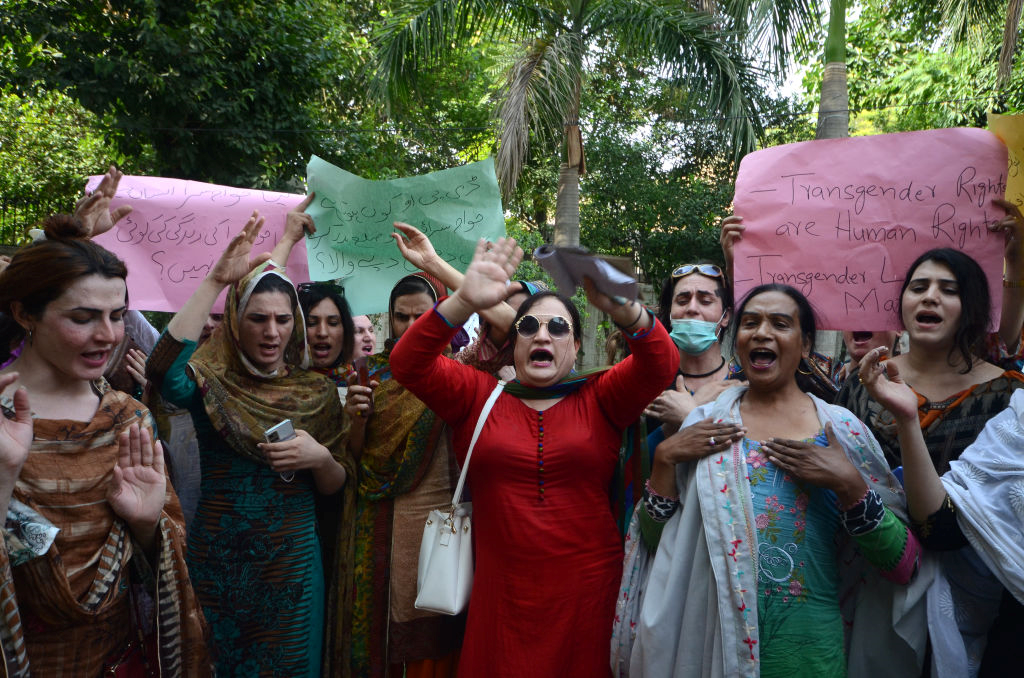Muhammad Ahmed Hayat Tarar
In a significant step towards promoting inclusivity and equality, Pakistan witnessed the renormalisation of equal rights for the Khwaja Sira community in 2023. This progressive move marked a turning point in the country’s journey towards embracing diversity and ensuring that every citizen is treated with respect and dignity.
The recognition of Khwaja Siras as a distinct gender was not just a symbolic gesture. It had practical implications for their daily lives. For instance, in the past, many Khwaja Sira individuals faced difficulties when seeking employment or accessing healthcare services. Employers and medical professionals often failed to understand their unique needs, leading to discrimination and exclusion. However, with the legal recognition of their gender identity, these individuals now had legal protection against such discrimination, and society at large became more aware of their rights and needs.
The renormalisation of equal rights for Khwaja Siras also extended to education. Prior to this change, Khwaja Sira individuals often faced discrimination and bullying in educational institutions. Many were forced to drop out of school due to the hostile environment. With the new legal framework in place, educational institutions were required to create a safe and inclusive environment for Khwaja Sira students. This not only encouraged more of them to pursue education but also allowed them to thrive academically without the fear of harassment.
In addition to education, healthcare services also witnessed a significant transformation. Khwaja Sira individuals had long struggled to access appropriate healthcare due to stigma and discrimination from medical professionals. With the recognition of their gender identity, healthcare providers were mandated to provide culturally sensitive and inclusive care. This change made it easier for Khwaja Sira individuals to seek medical attention when needed and improved their overall health and well-being.
The renormalisation of equal rights also paved the way for the Khwaja Sira community to actively participate in politics and public life. In the past, they were often excluded from political processes and decision-making, despite being an integral part of the society. With the legal recognition of their rights, Khwaja Sira individuals could now run for political office and participate in the democratic process, contributing to a more representative and diverse political landscape in Pakistan.





